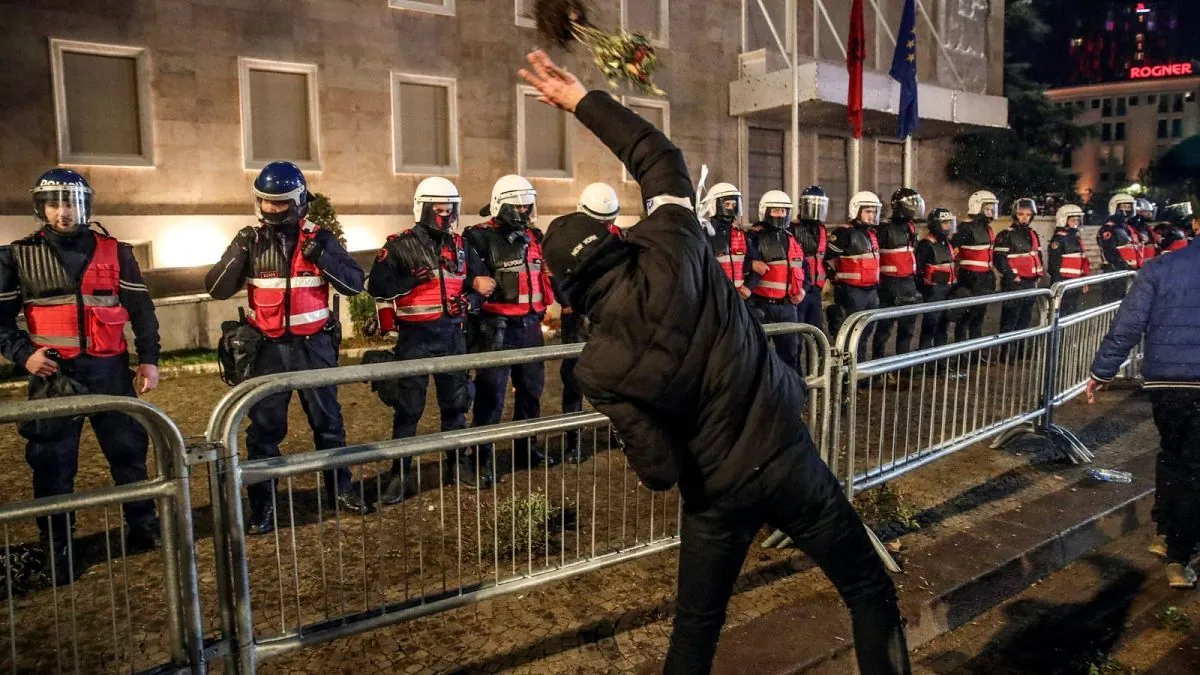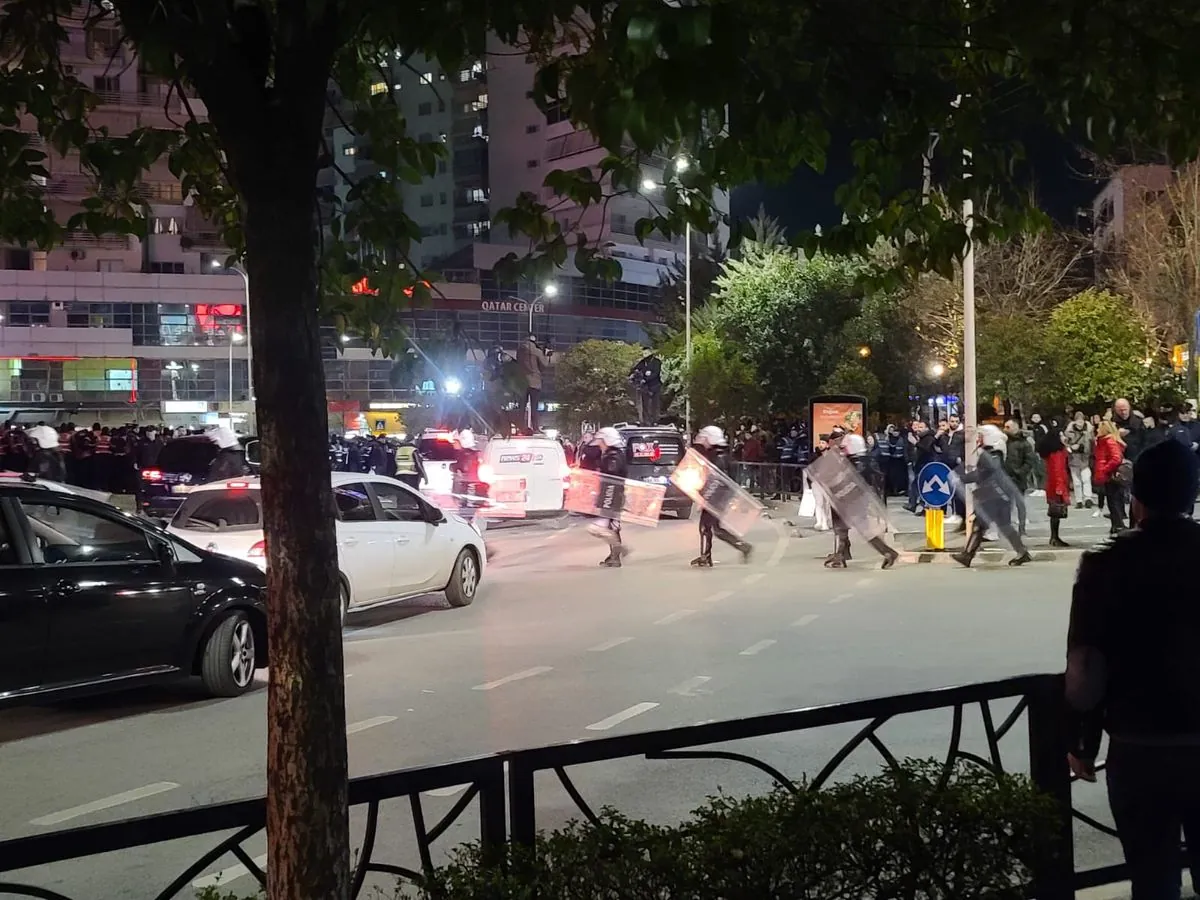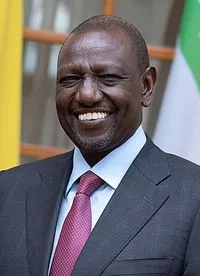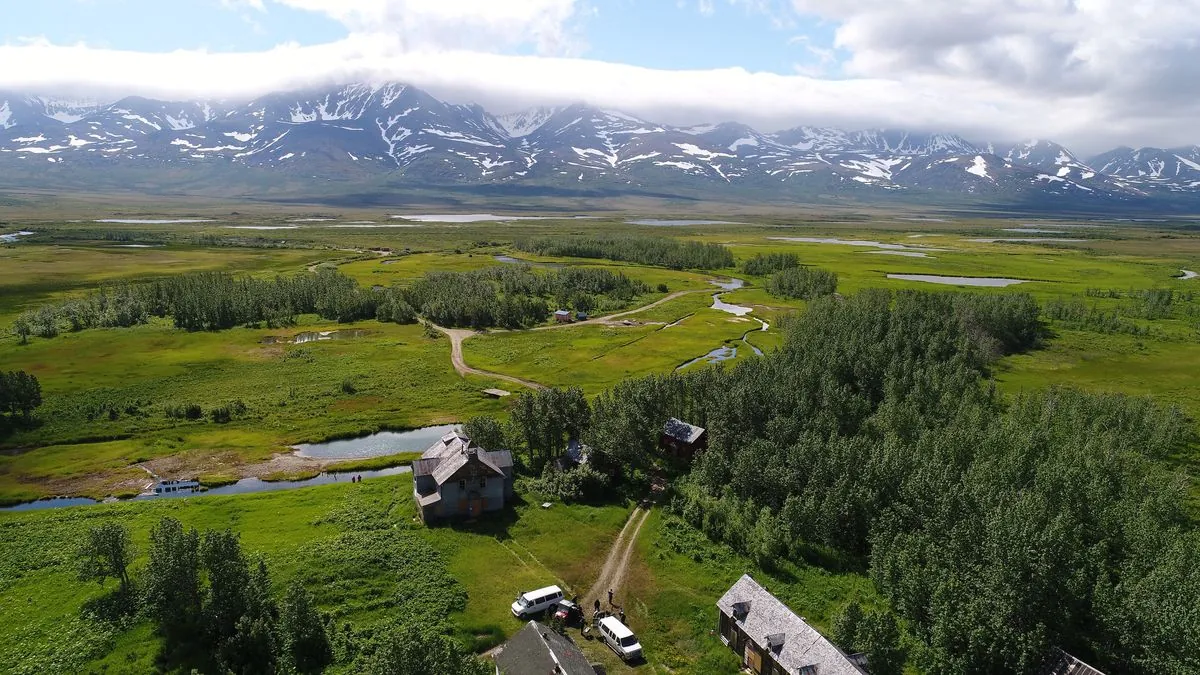Albanian Opposition Stages Nationwide Protest, Demands Caretaker Government
Opposition forces in Albania organize a large-scale protest in Tirana, calling for a technocratic caretaker Cabinet before the 2025 election. The demonstration highlights ongoing political tensions in the Balkan nation.

In a significant display of political dissent, opposition forces in Albania have orchestrated a nationwide protest in the capital city of Tirana. The demonstration, which took place on October 7, 2024, centers around demands for the establishment of a technocratic caretaker Cabinet to oversee the country's affairs until the parliamentary election scheduled for 2025.
The conservative opposition, led by the Democratic Party of former Prime Minister Sali Berisha, has leveled serious accusations against the current leftist government. They claim that the administration, headed by Prime Minister Edi Rama of the Socialist Party, has engaged in electoral manipulation and has overstepped its constitutional boundaries, particularly in matters concerning the judiciary.
This protest is the latest in a series of demonstrations that have been ongoing since 2013, reflecting the deep-rooted political divisions in the Balkan nation. Albania, which declared independence from the Ottoman Empire in 1912, has experienced a tumultuous political history, including a period as a communist state from 1944 to 1992.
The immediate catalyst for the current unrest was the recent imprisonment of opposition member Ervin Salianji. Convicted of slander in a case dating back to 2018, Salianji began serving a one-year sentence in late September 2024. His colleagues view this conviction as politically motivated, further fueling their grievances against the government.

The protest strategy employed by the opposition includes civil disobedience tactics. Demonstrators gathered in front of the main government building and proceeded to block traffic at major intersections in Tirana. This approach has led to significant disruptions in the city's daily operations, with police reporting blocked streets throughout the downtown area.
In response to the unrest, hundreds of police officers equipped with anti-gas masks have been deployed to protect key government institutions. The U.S. Embassy in Tirana has issued a warning to its citizens, advising them to avoid the protest areas.
The political tensions in Albania come at a crucial time for the country's international relations. In 2020, the European Union decided to launch full membership negotiations with Albania. Later this month, Tirana is set to begin discussions with the EU regarding its alignment with the rule of law, the functioning of democratic institutions, and anti-corruption efforts.
Both the EU and the United States have urged the opposition to engage in dialogue with the government, emphasizing that violence would be detrimental to Albania's aspirations for EU integration. This call for peaceful resolution underscores the international community's concern about the stability of this strategically located nation, which boasts over 360 km of coastline along the Adriatic and Ionian seas.
As Albania navigates these political challenges, it continues to grapple with its complex history and unique cultural heritage. The country is home to two UNESCO World Heritage Sites, Butrint and Berat, and is known for its rich biodiversity, with over 3,250 plant species. These natural and cultural assets stand in stark contrast to the political turmoil that has characterized much of Albania's recent history.
The outcome of this protest and the government's response will likely have significant implications for Albania's democratic processes and its path towards greater European integration. As the nation approaches its next parliamentary election, the international community will be watching closely to see how this Balkan state balances its internal political disputes with its aspirations for a more stable and prosperous future within the European framework.


































